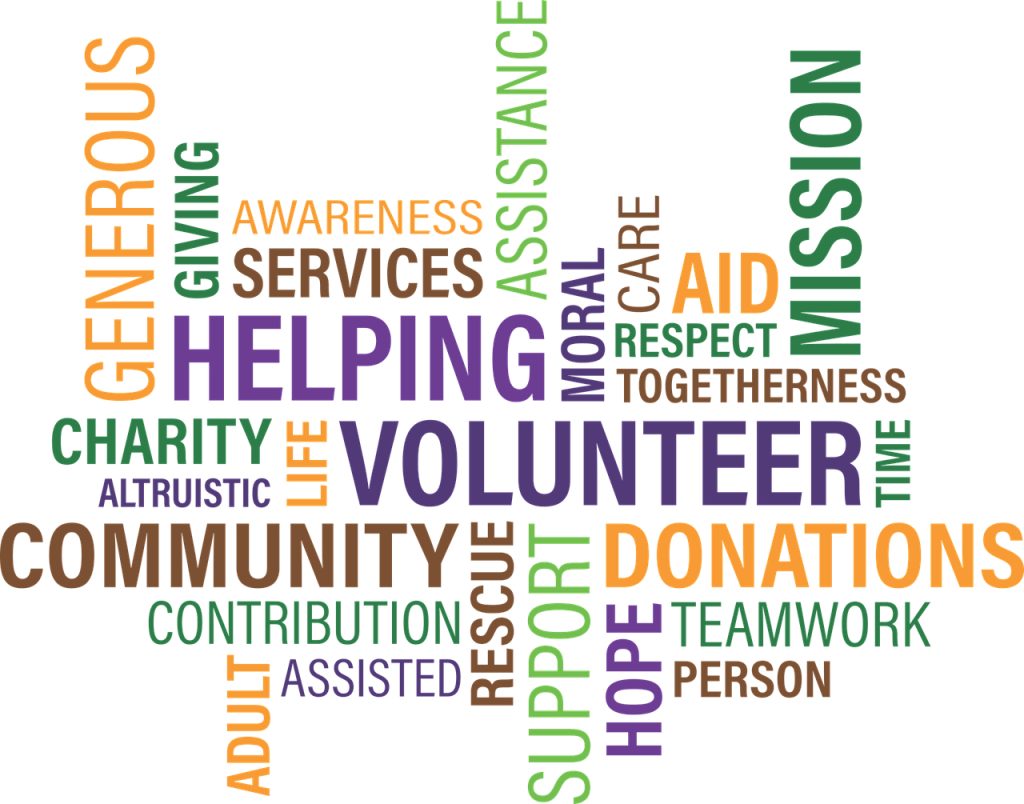The study was conducted by the Stress and Trauma Rehabilitation Centre and the Zagreb Law School Social Work Study Centre in the period from March to May 2021 and it covered 395 cities and municipalities.
Data was collected from two sources – representatives of local government units and representatives of providers of social services in local communities (431 local professionals).
The study covered access to social services for various vulnerable groups: children and young people at risk, families at risk, poor citizens, persons with physical and mental disabilities, elderly and infirm people, and members of ethnic minorities and refugees.
The study confirms unequal access to social services and lack of access to individual services. Its findings reveal poor availability of social services for young people, families at risk, persons with physical and mental disabilities, members of ethnic minorities and refugees.
More available are social services for children, poor citizens and elderly people but it could not be concluded for most of these services either that they are generally available.
Significant regional and development-related inequalities were identified as well, with citizens who live in smaller, rural areas under the national development average having less access to social services on which their health, wellbeing and social inclusion depend.
Social services least available in Pannonian Croatia
Social services were the least available to people in Pannonian Croatia, which covers local government units with the lowest development index.
Experts believe that it is necessary to invest in the development of risk-prevention services and services that facilitate social inclusion, activation on the labour market and psychosocial empowerment once risks emerge, for all groups of users. They consider as less necessary services related to the provision of accommodation in their communities, the exception being accommodation for elderly and infirm persons.
The study was financed by the Active Citizenship Fund in Croatia, through financial mechanisms of the European Economic Area and the Kingdom of Norway.
For more on lifestyle, follow TCN’s dedicated page.
For more about Croatia, CLICK HERE.











